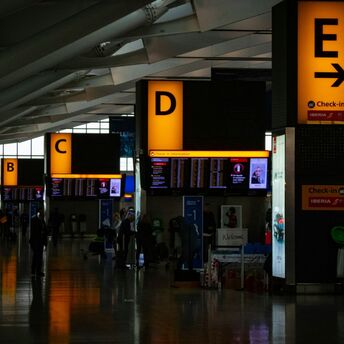UK-EU Youth Mobility Deal: A New Chapter for European Travel

A group of more than 60 UK travel industry leaders has appealed to the government to strike a youth mobility deal with the European Union. This initiative aims to alleviate the operational and financial challenges that have arisen in the travel sector post-Brexit, particularly concerning the employment of UK staff in EU countries and vice versa. By making it easier for young people to live and work across borders, the proposed scheme could provide fresh energy to the travel and hospitality sectors in both regions.
The absence of such an agreement has led to a 69% decline in UK nationals working in European tourism roles since the UK's departure from the EU, according to research by ABTA and Seasonal Businesses in Travel (SBiT). This shortage has compelled many travel companies to modify their services, affecting the quality and variety of experiences offered to travelers. Inbound tourism has also suffered, with EU visitors to the UK facing reduced support due to staffing constraints.
It also means we’re offering important opportunities for young people – skills and experiences that can help start and define their careers.
With the right agreement in place, travel could once again offer the diversity and richness it used to before Brexit. An increased presence of young professionals in tourism-related jobs may result in better services for travelers, such as guided excursions, language support, and cultural interactions that bring greater authenticity to their trips. With time, the plan could help restore healthy competition, offering travellers lower costs and more diverse getaway choices.
Additionally, the scheme could foster deeper cultural understanding and connections between the UK and EU nations. Young travelers would have the opportunity to immerse themselves in different cultures, potentially leading to long-term personal and professional relationships. This cultural exchange could enrich the travel experience, making it more meaningful and educational for participants.
In the end, the UK-EU youth mobility deal could help ease staffing issues in tourism while also making travel more rewarding for everyone involved. By facilitating easier movement for young people, the scheme could lead to more vibrant, diverse, and interconnected travel landscapes, benefiting both the industry and travelers alike.



















